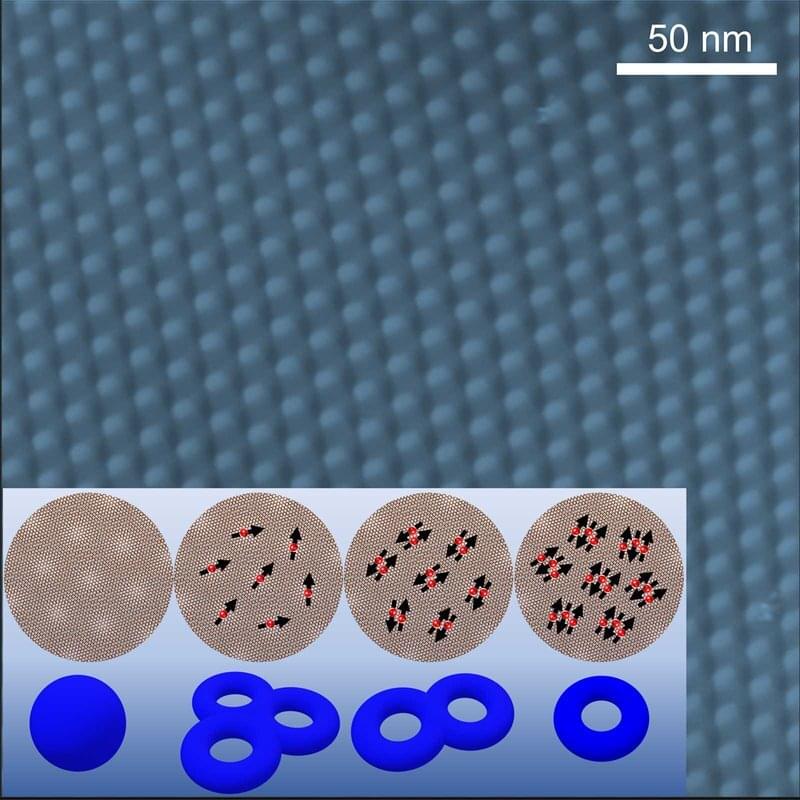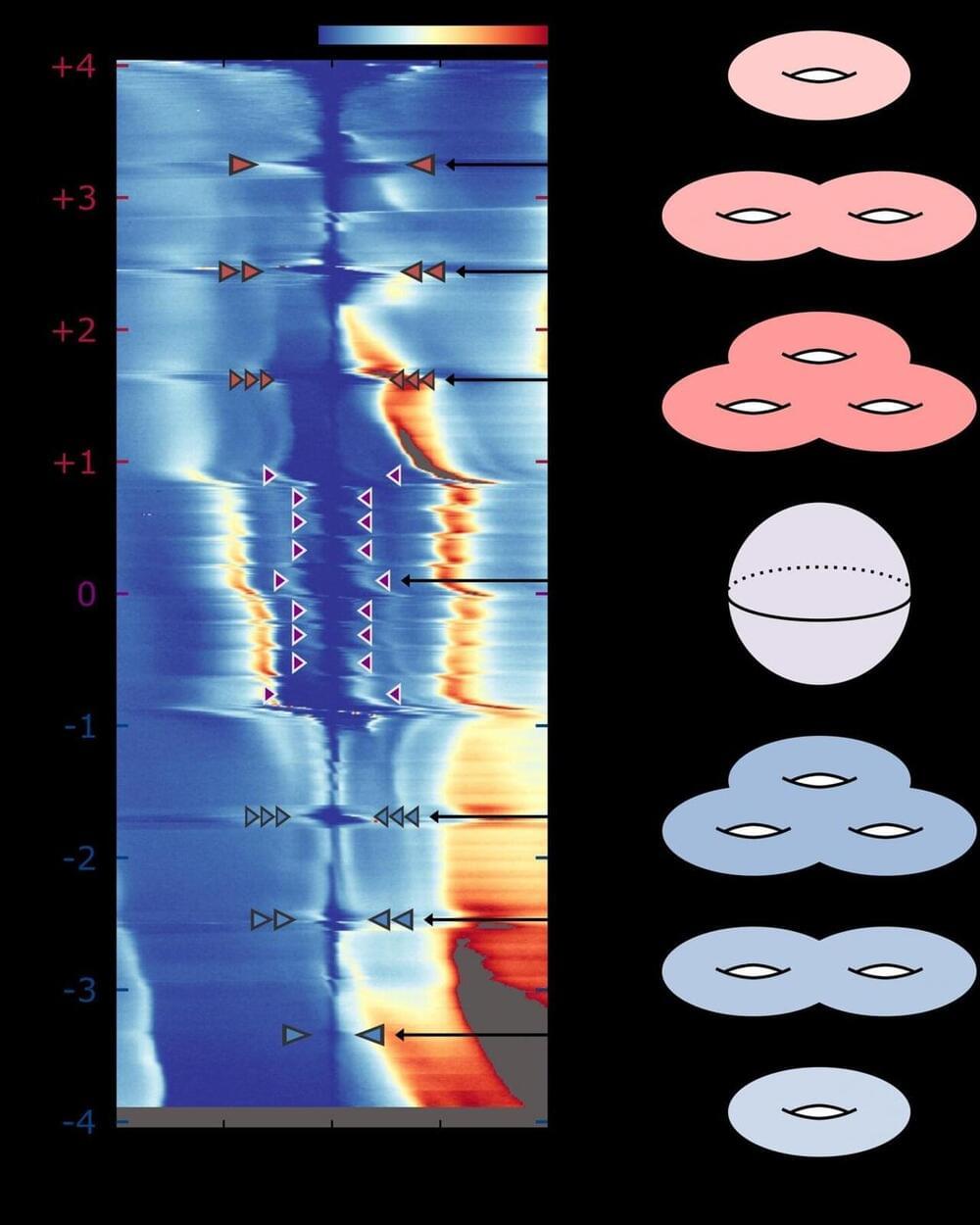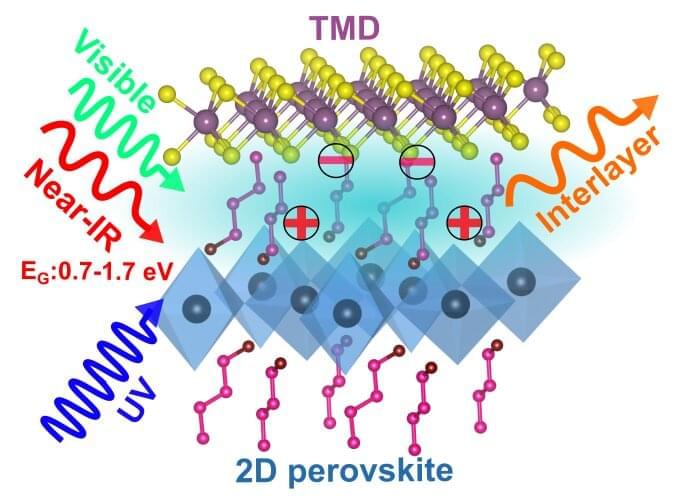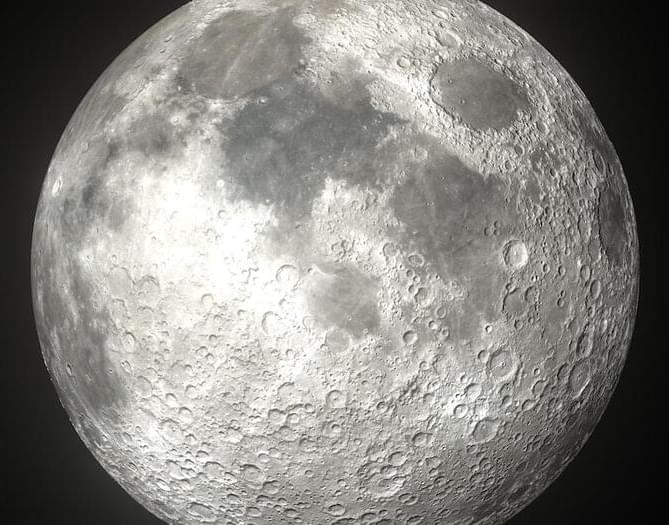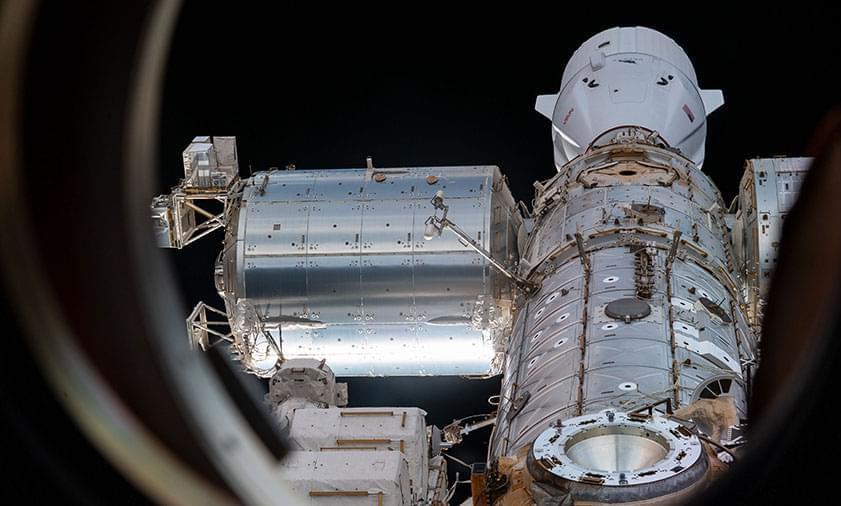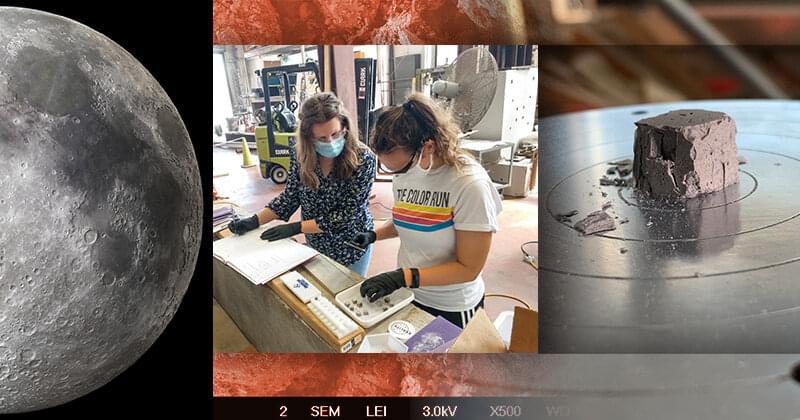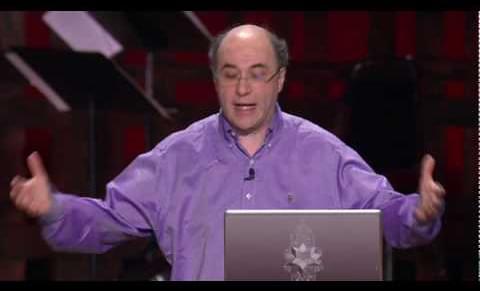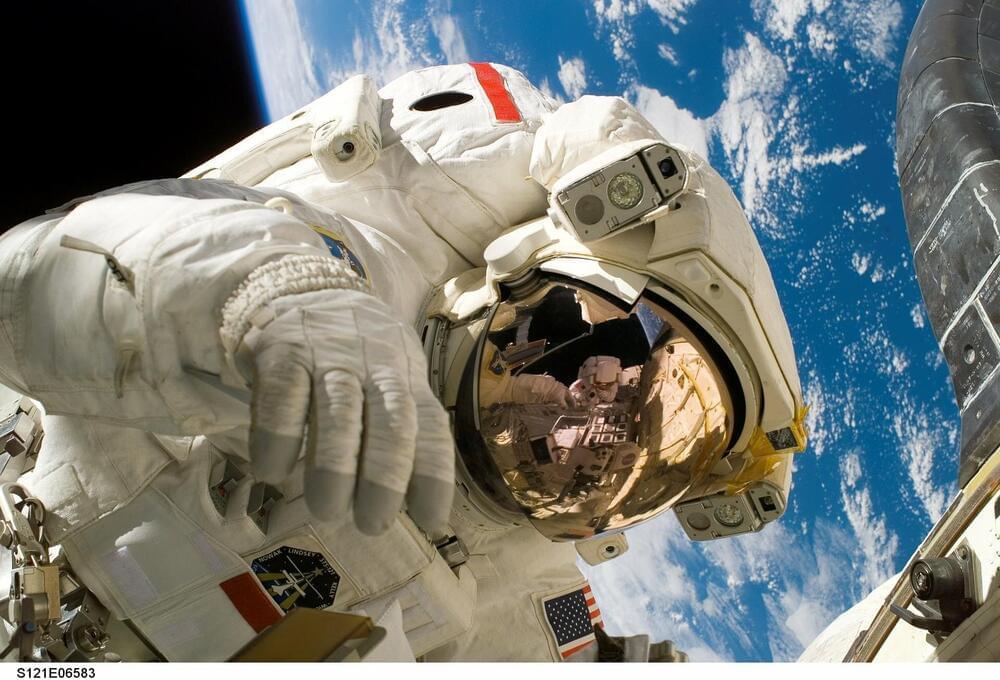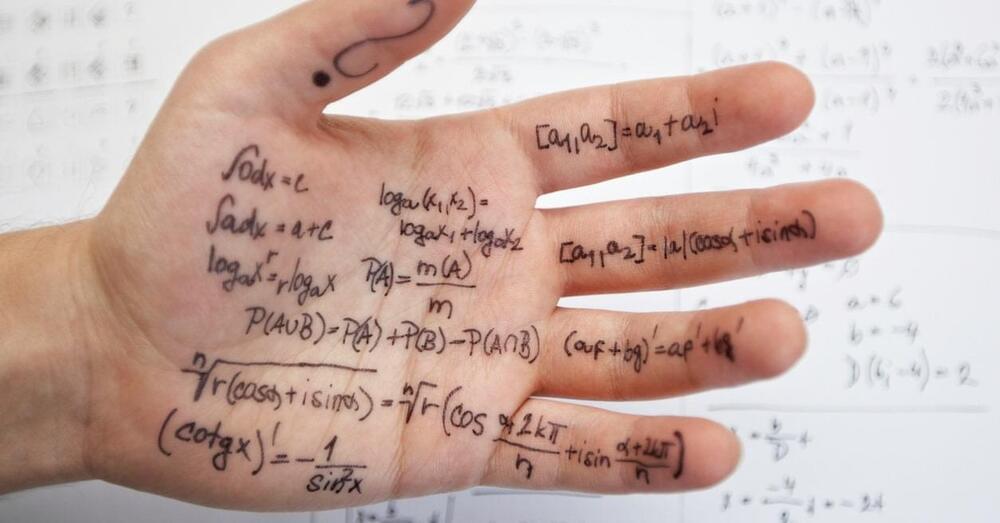Aug 15, 2022
Specially oriented twisted bilayer graphene hosts topological electronic states
Posted by Dan Breeden in categories: materials, particle physics
A sheet of magic-angle twisted bilayer graphene can host novel topological phases of matter, a study has revealed.
Magic-angle twisted graphene, first discovered in 2018, is made from two sheets of graphene (a form of carbon consisting of a single layer of atoms in a honeycomb-like lattice pattern), layered atop one another, with one sheet twisted at precisely 1.05 degrees with respect to the other. The resulting bilayer has unusual electronic properties: for example, it can be made into an insulator or a superconductor depending on how many electrons are added.
The discovery launched a new field of research into magic-angle twisted graphene, known as “twistronics.” At Caltech, Stevan Nadj-Perge, assistant professor of applied physics and materials science, has been among the researchers leading the charge: in 2019, he and his colleagues directly imaged the electronic properties of magic-angle twisted graphene at atomic-length scales; and in 2020, they demonstrated that superconductivity in twisted bilayer graphene can exist away from the magic angle when coupled to a two-dimensional semiconductor.
